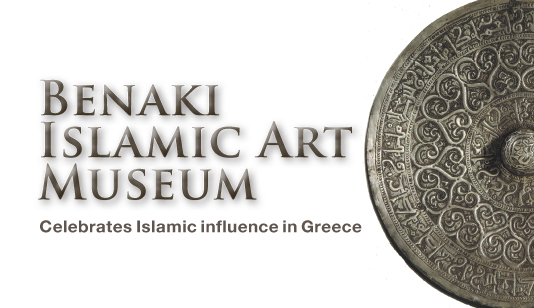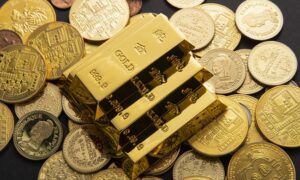Benaki Islamic Art Museum Celebrates Islamic influence in Greece
By Introducing Leaders
Covering Islamic art from the 7th to the 19th centuries, the Benaki Islamic Art Museum in Athens’ historic centre boasts one of the world’s foremost collections, with masterpieces from India, Persia, Mesopotamia, the Middle East, Arabia, Egypt, North Africa, Sicily, Spain and Asia Minor.
More than 10,000 items, including ceramics, gold, metalwork, textiles and glass, smaller groupings of bone objects, inscribed funerary steles and weaponry, are spread over 1,000 square meters showing the evolution of Islamic civilisation from the first appearance of Islam until the 19th century. The museum’s treasures include the marble-faced interior of a reception room from a 17th century Cairo mansion and a rich collection of Ottoman art from the Empire’s peak in the 16th century.
Inaugurated in July 2004, and part of the greater Benaki Museum collection that recognises and celebrates Greece’s foreign influences, the Islamic Art Museum is housed in a neo-classical building near Athens’ ancient Kerameikos cemetery. Among its most important objects are two carved wooden memorial door panels from 8th century Mesopotamia, an inscribed reed mat from 10th century Tiberias, a small brass box bearing the signature of Ismail ibn al-Ward al-Mausili (dated 1200), the bronze astrolabe of Ahmad ibn al-Sarraj (dated 1328) and a 16th century velvet saddle from Bursa.
Haris Siampanis was brought in from the private sector to be Benaki’s chief financial officer two years ago. State funding was diminishing, and Siampanis was tasked with devising a new funding model for the museum. He quickly launched a financial restructuring, streamlining costs and implementing new revenue generating strategies, like a recent 10-year agreement with the Hellenic Museum of Melbourne in Australia (home of the third-largest Greek-speaking population in the world).
“Our mission is to gradually make a self sustainable model where we will be able to fund operations on our own”, comments the CFO, adding that Benaki is now the only Greek museum with externally audited financial statements.
“We have to be creative in order to find new sources of revenue. We have also increased our presence in the U.S. through an exhibit in Washington last year at the National Gallery, and others at the Getty Museum in Los Angeles and the Art Institute in Chicago. We intend to create an international membership for the Benaki, and to replicate our Melbourne project with other cultural institutions. The Benaki is the only Islamic museum in the Balkans, and we would love to collaborate with museums in the Middle East as well”.


























